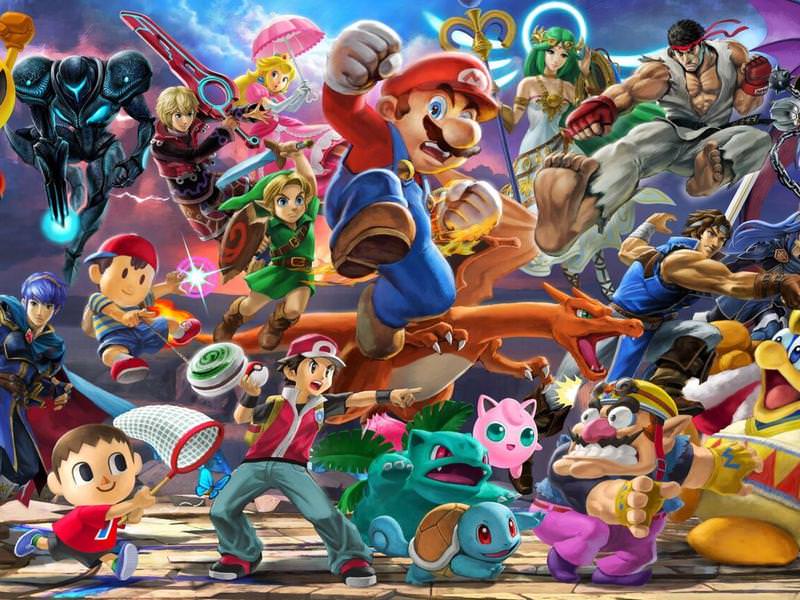WHO Identifies Gaming As A Serious Medical Condition

Nintendo 2DS Photo (Image: Nintendo)
According to the World Health Organization, gaming disorder is an actual medical condition now.
The new diagnosis isn’t just “gaming too much.” According to the WHO definition and CBS News, gaming becomes a disorder when it obstructs with a person’s daily life. A person will lose control of themselves around gaming, makes gaming a major priority over other hobbies, daily activities and interests. Also, they continue gaming even if they are aware that negative effects on work, schooling, family life or social relationships start happening. According to WHO, these signs have to take place over a 12 month consistent period.
According to CBS News, online and video games accumulated almost $44 billion last year. That is more than any streaming service and movie theaters.
“The problem with gaming and other…new media is that they produce a different culture,” says Michelle Carras, a mental health contractor, who also believes herself to be a gamer, according to TIME Magazine. “But clinicians are approaching this behavior from an understanding of a disorder based on a continuum of normative, recreational and problematic use rather than from the setting or context of a unique, new culture.”
Websites like twitch.tv is one of the most trafficked browsers in the world as players watch their favorite gamers play their favorite games. It’s a booming platform, as esports is one of the biggest growing markets in the world. Cleveland Cavaliers owner Dan Gilbert and rapper Drake have invested in such esports teams.
According to CBS News, the American Psychiatric Association gauges that between 0.3% and 1% of the world’s population suffers from a gaming disorder, or almost 75 million people. According to eMarketer, some 167 million Americans played an electronic game in 2018, whether its on a console, handheld device or a PC.





